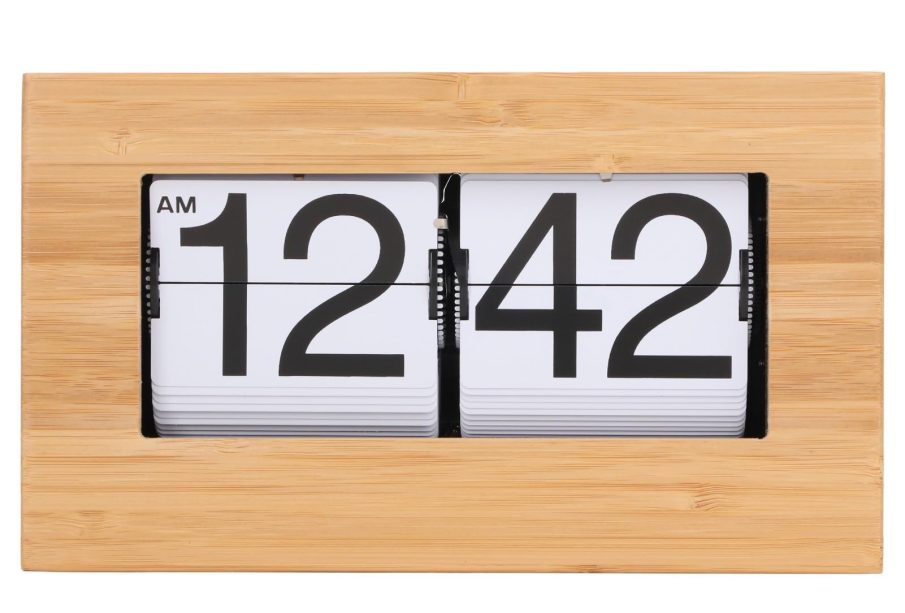The Evolution and Importance of Clocks in Modern Society

Introduction
Clocks are an integral part of daily life, serving not only as tools for measuring time but also as symbols of precision and reliability. Understanding the evolution of clocks highlights their significance across different cultures and advancements in technology. This article will explore the historical development of clocks and their implications in contemporary society.
The Historical Development of Clocks
The concept of measuring time dates back to ancient civilizations, with sundials and water clocks being some of the earliest timekeeping devices. These inventions laid the foundation for more sophisticated technologies. In the 14th century, mechanical clocks emerged in Europe, significantly enhancing the accuracy of timekeeping.
The invention of the pendulum clock in the 17th century by Christiaan Huygens marked a monumental leap in precision. These clocks were able to maintain time to within seconds, which shifted the way society viewed time itself. By the 19th century, mass production made clocks widely accessible, transforming social practices and structures around punctuality.
Modern Innovations in Clock Technology
Fast forward to the 20th and 21st centuries, and the advancements in clock technology only intensify. Quartz clocks, which use electronic oscillators, became standard in the 1920s, further improving accuracy. Today, atomic clocks represent the pinnacle of timekeeping technology, achieving precision that underpins global positioning systems and other advanced technologies.
The integration of clocks into wearable technology, such as smartwatches, illustrates the shift towards multifunctional devices. Besides merely telling time, these devices monitor health metrics, manage notifications, and even provide GPS services, highlighting a significant change in consumer expectations.
The Cultural Significance of Clocks
Clocks are not just functional; they also hold cultural importance. From the Big Ben in London to the intricate designs of traditional cuckoo clocks, timepieces often reflect the artistry and values of societies. Furthermore, the concept of time has implications on social behaviours, as viewed in different cultures—some emphasize punctuality while others adopt a more relaxed attitude towards time.
Conclusion
The study of clocks reveals more than just the mechanics of timekeeping; it invites reflection on how time influences human behaviour and society at large. As technology continues to evolve, clocks will likely further integrate into everyday objects, but their essential role in structuring time and facilitating communication will remain significant. Understanding clocks can help individuals appreciate the delicate balance between tradition and innovation in our increasingly fast-paced world.







